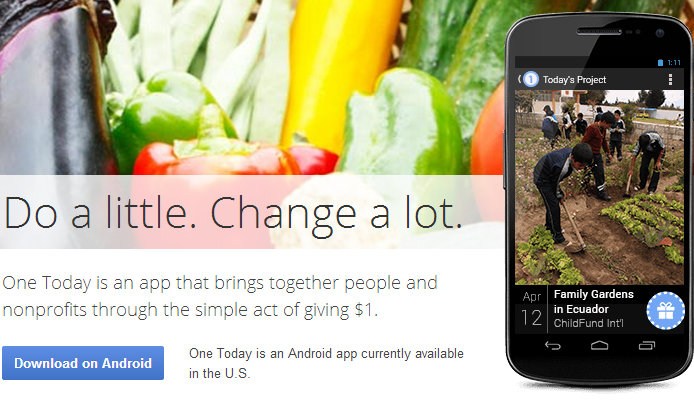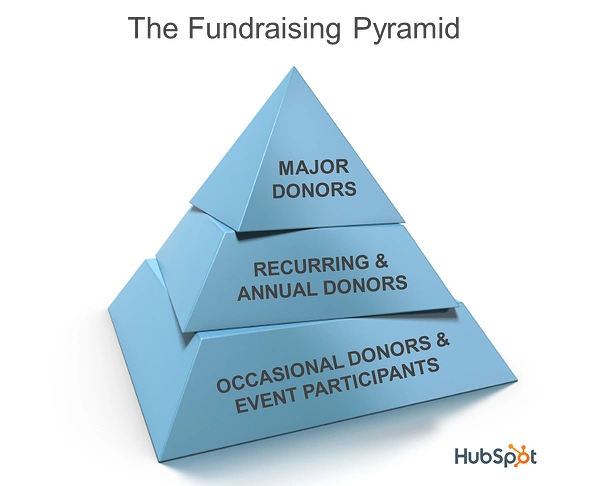
Fundraisers are great opportunities to raise money, right? Wrong—well, sort of wrong.
Often hosted just a few times a year, these races, picnics, galas, and more are great opportunities for nonprofit marketers to learn more about their communities, members, and donors. Rather than chasing down your website visitors to complete sample surveys or connect with your team over the phone, you can have a good old fashioned conversation.
Rule #1 is to tone down the selling. Focus on getting to know your event-goers on a personal level so that you can empathize with them. Human connections are often difficult to replicate online, so it’s important to make the most out of all the face time that you have—it’s a treasure trove. And because your donors are often busy individuals, it’s rare that you’ll be able to wrangle them into a room together.
Make sure that you have a good marketing and research plan in place for your next fundraising event.
Here are a few tips to guide you:
Organize Your Ducks
As you spend time with members and donors at your fundraising events, you’ll collect immensely valuable information that can inform your marketing strategy. Where are you storing this information?
The answer to this question is mission-critical. These days, companies are making huge investments in researching their audiences—something that you can do at no additional cost when you’re hosting a high-profile event.
Weeks before your event, do a little due diligence on your marketing systems. Make sure that you have a unified database with comprehensive audience profiles. The information that you collect from your events will ultimately need rehoming from your notebooks and brain.
Get Personal
Personalization is one of the biggest opportunities—and biggest challenges—in marketing. The amount of data that you’ll collect at an event is unparalleled compared to what you’ll collect online and over time.
Make sure that your database is flexible enough to organize this information. The best way to get started? Brainstorm a set of personalization elements that you think will make your core website experience better. Then, make sure that your database can accommodate this valuable information.
At the event, focus on collecting the information that you’ve identified as ideal for your user experience.
Get Feedback on Your Marketing Campaigns
While you’ll want to keep the pitching to a minimum at your fundraiser, you should still feel comfortable ‘talking shop.’
When mingling at your fundraiser, ask your members and donors to share feedback around your marketing campaigns. Are they reading your blog posts? Do they find your one-pagers valuable? What information do they wish they could have on hand?
By answering these questions, you’ll be well-positioned to build upon your marketing campaigns. Instead of generating content and messaging that are off base, you can develop a more compelling value proposition.
Since you’ll be talking to donors in person, you’ll have an especially valuable opportunity to collect feedback ‘between the lines.’ Pay attention to what people aren’t telling you during your conversations. A follow-up email with a survey or request for feedback is a great way to make sure no attendee information falls through the cracks.
Be Delightful
In a day and age when automated marketing campaigns are the norm, your company needs an extra edge to stand out.
Why not follow up with the donors that you ended up meeting in person? Take initial steps to build a lasting, long-term relationship with each person: show that your organization cares.
When it comes to marketing, never underestimate the value of a personal touch. When the people behind your organization are present and visible, your audiences will take notice.
Plan for the Future
Stuck on the messaging for your next ad campaign? Looking for case study ideas? Next time you host a fundraiser, make sure to identify these goals ahead of time. As you’re well-aware, marketing moves at a million miles per hour. If you want these same donors to come back next year, you’ll want to start your event planning process now.
Look for in-depth stories. Pay attention to the conversations that elicit the most emotions from your donors. Figure out what you can do better next time.
Final Thoughts
Effective marketing campaigns are getting tougher to develop—especially if your organization is budget-strapped and lacking a seven figure marketing budget. Stop trying to compete with more dollars: improve your value proposition instead. Make the most out of every donor touchpoint—build lasting, impactful relationships.










